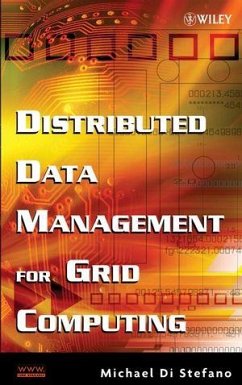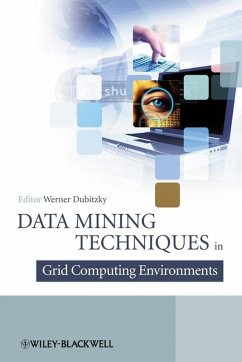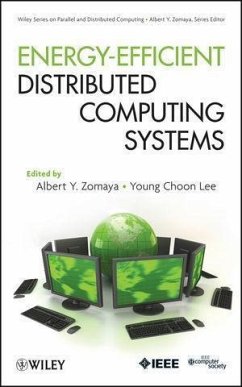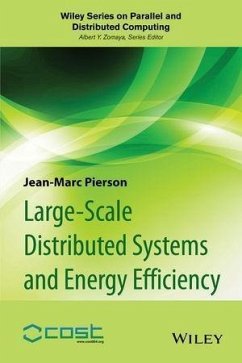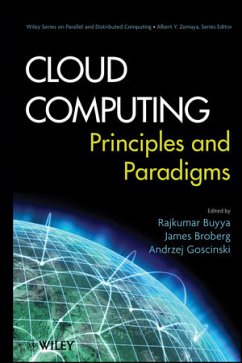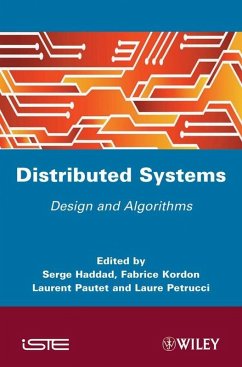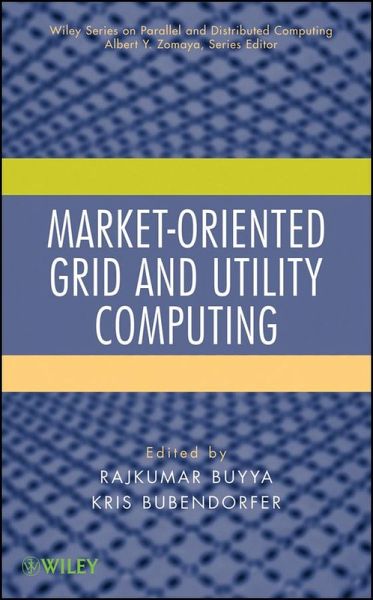
Market-Oriented Grid and Utility Computing (eBook, PDF)

PAYBACK Punkte
0 °P sammeln!
The first single-source reference covering the state of the art in grid and utility computing economy research This book presents the first integrated, single-source reference on market-oriented grid and utility computing. Divided into four main parts--and with contributions from a panel of experts in the field--it systematically and carefully explores: * Foundations--presents the fundamental concepts of market-oriented computing and the issues and challenges in allocating resources in a decentralized computing environment. * Business models--covers business models for service providers and br...
The first single-source reference covering the state of the art in grid and utility computing economy research This book presents the first integrated, single-source reference on market-oriented grid and utility computing. Divided into four main parts--and with contributions from a panel of experts in the field--it systematically and carefully explores: * Foundations--presents the fundamental concepts of market-oriented computing and the issues and challenges in allocating resources in a decentralized computing environment. * Business models--covers business models for service providers and brokers supporting different types of distributed applications, as well as business rules-based models for managing virtual organizations and accounting operations and services in grid computing environments. * Policies and agreements--introduces policies, agreements, and specifications for the negotiation and establishment of contracts between providers and consumers. It also covers different approaches for resource allocation based on service-level agreements (SLAs) and management of risks associated with SLA violations. * Resource allocation and scheduling mechanisms--covers economic models, such as commodity models, reciprocation, auctions, and game theory, and middleware technologies, such as Nimrod/G and Gridbus, for market-oriented grid computing and utility-oriented resource allocation. This book expertly captures the state of the art in the field while also identifying potential research directions and technologies that will facilitate the creation of global commercial grid and utility computing systems. It is an indispensable reference for systems architects, practitioners, developers, new researchers, and graduate students.
Dieser Download kann aus rechtlichen Gründen nur mit Rechnungsadresse in D ausgeliefert werden.



